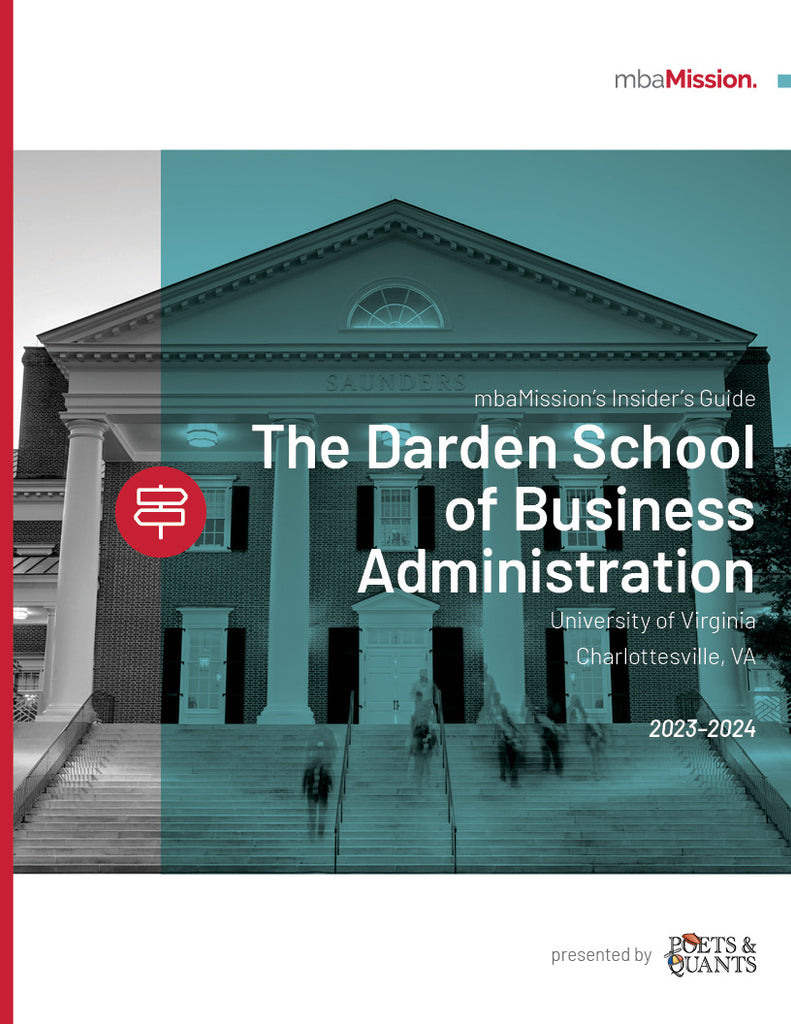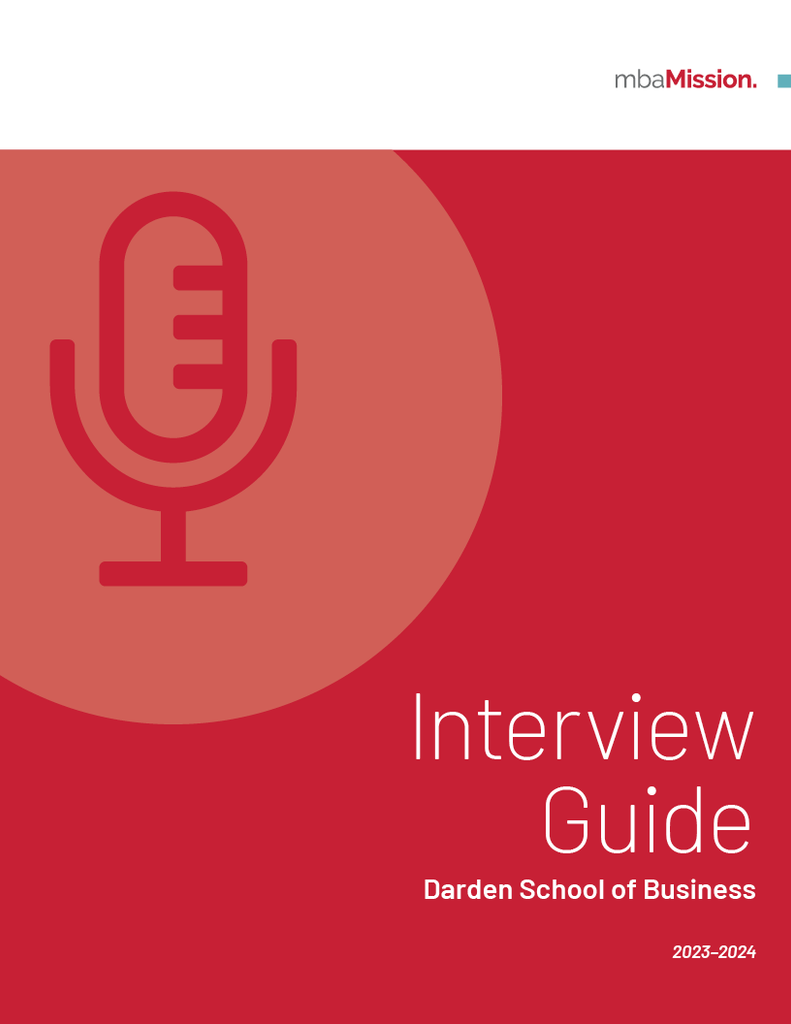What Is the Case Method?
Since its founding, the UVA Darden MBA program has taught its students almost exclusively via the case method (pioneered at Harvard Business School), though students still have occasional guest lectures, in-class simulations, and, more rarely, lectures. So what is the case method? Maybe the best way to define a case would be to say that it is a written leadership narrative through which Darden students read about a protagonist and the management dilemma they are facing. As students delve into a case, they are expected to adopt a leadership perspective and develop their own opinion or analysis of how the protagonist should solve the case. Then, each UVA Darden MBA student meets with their learning team—a group of five or six fellow students from diverse professional and international backgrounds—to discuss their various opinions. The next day in class, a Darden professor acts as a facilitator and leads students through case points. Often, the class starts with a Darden “cold call,” in which a student is selected at random by the professor to initiate a discussion of their analysis of the case, after which, the rest of the class jumps in to continue dissecting the case. With the case method, no answer is definitively right or wrong. Instead, a wide range of ideas and opinions are shared, thereby informing Darden students’ “general manager” perspective. The class often learns in the end how the protagonist solved the problem, and even then, some in the class might disagree with the approach.
UVA Darden students have either two or three case days a week, and the average case is ten to 15 pages, though some are as short as one or two, and others might on occasion be more than 40 pages. Reading cases and preparing analyses each day is demanding, so Darden has often been referred to as a “boot camp.” Although Darden embraces that label and takes pride in the rigor of its program, it balances the intensity of its course work with a warm community, punctuated by Darden’s famous morning coffee (known as First Coffee), which offers everyone a chance to gather after the first class of the day. If you are interested in a highly engaged MBA experience, Darden’s case approach would likely appeal to you.

